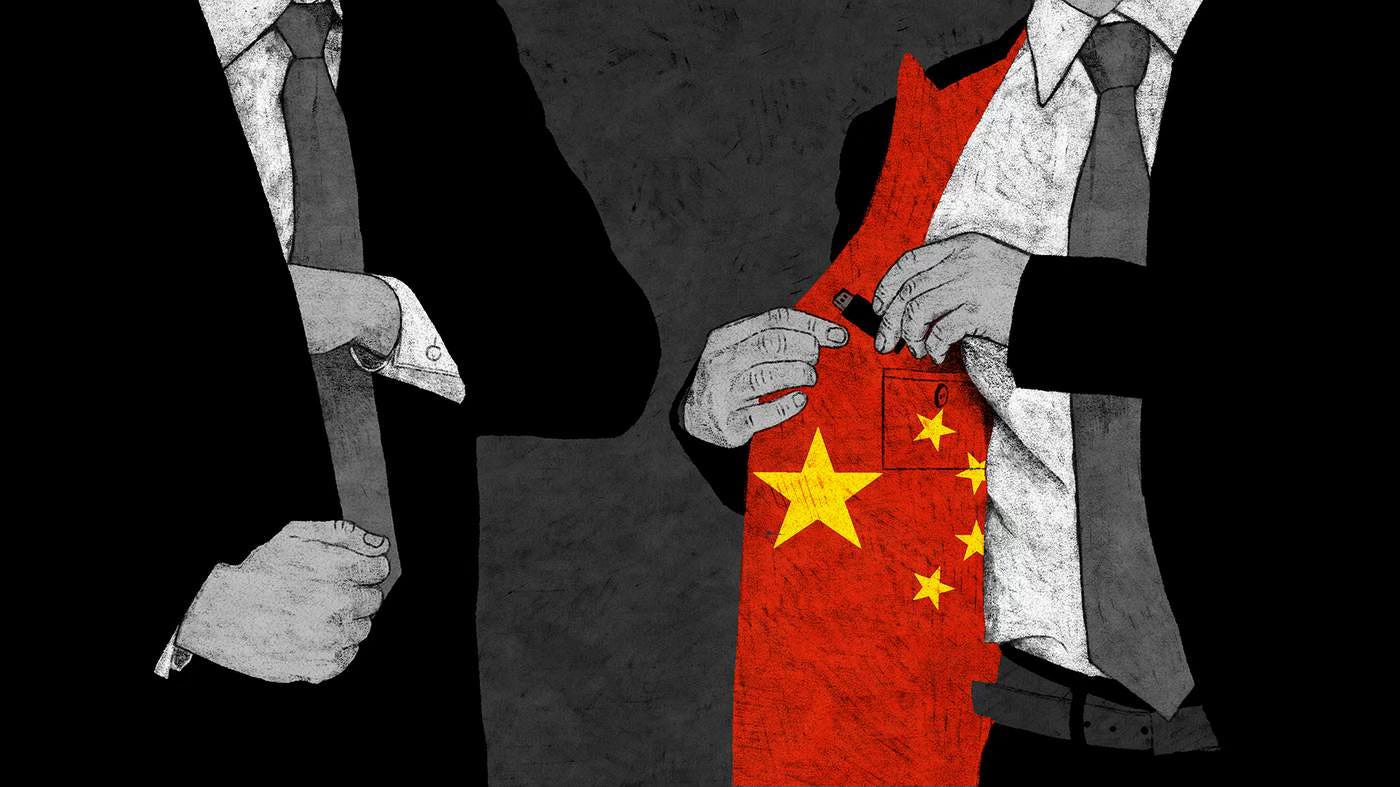Chinese Students Do Pose Security Threat, Former Top CIA Counterspy Says
Sue Miller, the agency’s former chief mole hunter, tells how a 15 year old spy debacle hangs over the Trump administration’s efforts to crack down on Chinese espionage
In the fall of 2021, the CIA sent a highly unusual top secret cable to its officers around the globe. The agency had been plagued by compromises and sloppy tradecraft, resulting in serious setbacks in some overseas missions, the cable explained. In an extraordinary admission, it even revealed the specific number of agen…




